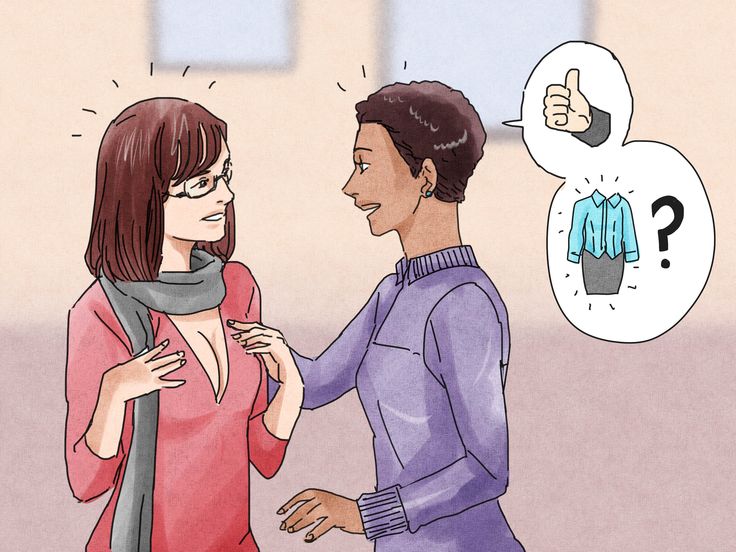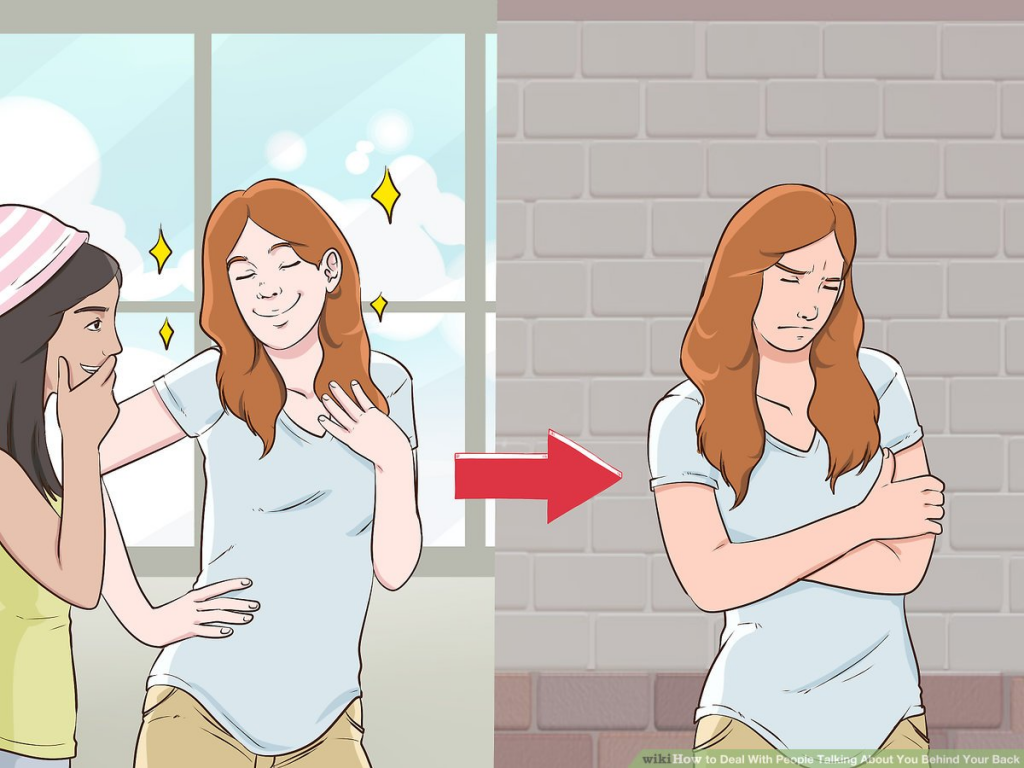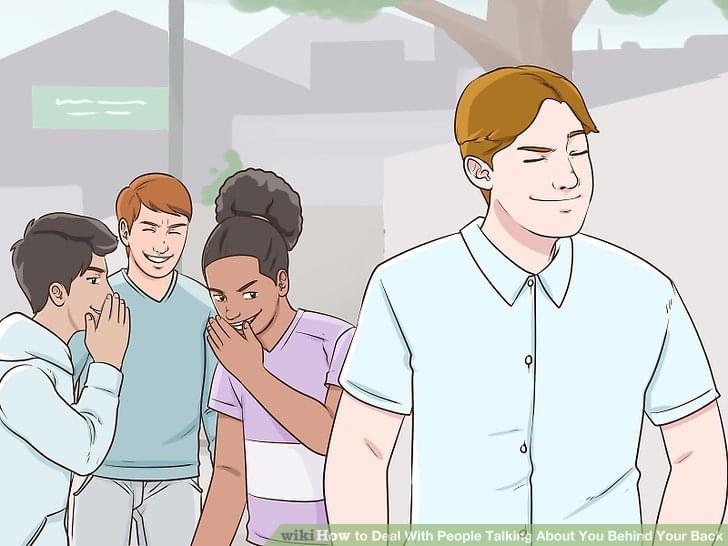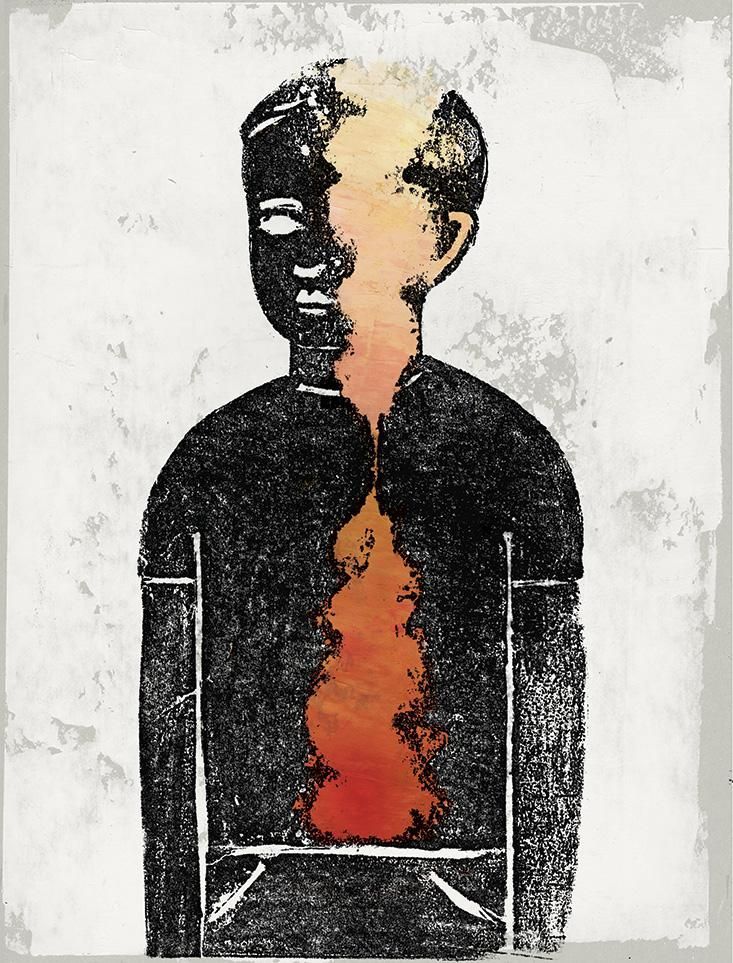Dealing with feeling
Dealing With Difficult Emotions (for Teens)
Reviewed by: D'Arcy Lyness, PhD
en español Cómo enfrentar las emociones difíciles
Positive vs. Negative Emotions
Emotions (feelings) are a normal and important part of our lives.
Some emotions are positive. Think of happiness, joy, interest, curiosity, excitement, gratitude, love, and contentment. These positive emotions feel good. Negative emotions — like sadness, anger, loneliness, jealousy, self-criticism, fear, or rejection — can be difficult, even painful at times.
That's especially true when we feel a negative emotion too often, too strongly, or we dwell on it too long.
Negative emotions are impossible to avoid, though. Everyone feels them from time to time. They may be difficult, but we can learn to handle them.
Here are three steps that can help you handle negative emotions.
Step 1: Identify the Emotion
Learning to notice and identify your feelings takes practice. In addition to focusing on your feelings, check in with your body, too. You may feel body sensations with certain emotions — perhaps your face gets hot, for example, or your muscles tense.
- Be aware of how you feel. When you have a negative emotion, such as anger, try to name what you're feeling.
For example:
That guy Ian in my study group makes me so mad!
I get so jealous when I see that girl/guy with my ex.
I feel afraid whenever I have to walk past those bullies. - Don't hide how you feel from yourself. You might not want to broadcast your feelings to other people (like your ex, for example, or that guy in your study group who is making you mad). But don't suppress your feelings entirely. Simply naming the feeling is a lot better than pretending not to have it — or exploding without thinking.
- Know why you feel the way you do. Figure out what happened that got you feeling the way you do.

For example:
Whenever we do group projects, Ian finds a way to take all the credit for other people's work.
Our teacher thinks Ian's the star of the team, even though he never has his own ideas.
When I see my ex flirting with other people, it reminds me that I still have feelings for him/her.
Even though the bullies don't pick on me, I see what they do to other people and it worries me. - Don't blame. Being able to recognize and explain your emotions isn't the same as blaming someone or something for the way you feel. Your ex probably isn't seeing someone new as a way to get back at you, and the guy who takes credit for your work might not even realize what he is doing. How you feel when these things happen comes from inside you. Your feelings are there for a reason — to help you make sense of what's going on.
- Accept all your emotions as natural and understandable. Don't judge yourself for the emotions you feel.
 It's normal to feel them. Acknowledging how you feel can help you move on, so don't be hard on yourself.
It's normal to feel them. Acknowledging how you feel can help you move on, so don't be hard on yourself.
Page 2
Step 2: Take Action
Once you've processed what you're feeling, you can decide if you need to express your emotion. Sometimes it's enough to just realize how you feel, but other times you'll want to do something to feel better.
- Think about the best way to express your emotion. Is this a time when you need to gently confront someone else? Talk over what you're feeling with a friend? Or work off the feeling by going for a run?
For example:
It won't solve anything to show my anger to Ian — it may even make him feel more superior! But my feelings tell me that I need to avoid getting in another situation where he takes control over a project.
I'll hold my head high around my ex, then I'll put on some sad songs and have a good cry in my room to help me release my feelings and eventually let go.
My fear of being around those bullies is a sign that they have gone too far. Perhaps I should talk about what's going on with a school counselor.
Perhaps I should talk about what's going on with a school counselor. - Learn how to change your mood. At a certain point, you'll want to shift from a negative mood into a positive one. Otherwise your thinking may get stuck on how bad things are, and that can drag you down into feeling worse. Try doing things that make you happy, even if you don't feel like it at the time. For example, you might not be in the mood to go out after a breakup, but going for a walk or watching a funny movie with friends can lift you out of that negative space.
- Build positive emotions. Positive feelings create a sense of happiness and well being. Make it a habit to notice and focus on what's good in your life — even the little things, like the praise your dad gave you for fixing his bookshelves or how great the salad you made for lunch tastes. Noticing the good things even when you're feeling bad can help you shift the emotional balance from negative to positive.

- Seek support. Talk about how you're feeling with a parent, trusted adult, or a friend. They can help you explore your emotions and give you a fresh way of thinking about things. And nothing helps you feel more understood and cared for than the support of someone who loves you for who you are.
- Exercise. Physical activity helps the brain produce natural chemicals that promote a positive mood. Exercise also can release stress buildup and help you from staying stuck on negative feelings.
Step 3: Get Help With Difficult Emotions
Sometimes, no matter what you do, you can't shake a tough emotion. If you find yourself stuck in feelings of sadness or worry for more than a couple of weeks, or if you feel so upset that you think you might hurt yourself or other people, you may need extra help.
Talk to a school counselor, parent, trusted adult, or therapist. Counselors and therapists are trained to teach people how to break out of negative emotions. They can provide lots of tips and ideas that will help you feel better.
They can provide lots of tips and ideas that will help you feel better.
Reviewed by: D'Arcy Lyness, PhD
Date reviewed: January 2017
Work with guilt.
 Your personal psychologist 44 practical tips for all occasions Dealing with guilt. Your personal psychologist 44 practical tips for all occasions
Your personal psychologist 44 practical tips for all occasions Dealing with guilt. Your personal psychologist 44 practical tips for all occasions WikiReading
Your personal psychologist 44 practical tips for all occasions
Ilya Shabshin
Contents
Working with guilt
Recall times when you felt guilty. Find all three components of guilt listed above.
The subtle point is that I can only guess about the other person's expectations of me (until I ask). It often happens that we assume, attribute to people what they think of me, that is, how I should behave.
Of course, cultural stereotypes “help” us to build these guesses. For example, if I am your husband, then I can already assume that you have certain expectations about how I should behave, and if I behave differently, I will feel guilty before you.
The situation is aggravated by the fact that in childhood, when we were guilty of something, we were punished. Therefore, in adulthood, we, partly unconsciously, expect punishment if we are offended.
Therefore, in adulthood, we, partly unconsciously, expect punishment if we are offended.
Let's return to the components of guilt. As with resentment, the first question to ask yourself when thinking about guilt is about expectations: “How would I have to behave in order not to feel guilty?”
Since, as already mentioned, we ascribe to other people expectations about our behavior, it makes sense to dot the “i”: if possible, you just need to ask about expectations and find out if the other person really expects such behavior from me?
Is it true that he has such expectations?
Guilt reflection continues with the search for an answer to the question: "Why did I behave differently?" Indeed, how realistic are the expectations? Is it normal for me to behave like this?
Going further: where did the other person get such expectations? Did he make them up himself? Or under the influence of someone?
Practical task
Think of 2-3 situations in which you felt guilty. For each of them, write down the following questions:
For each of them, write down the following questions:
1. How should I behave in order not to feel guilty?
2. Am I sure that the person to whom I am guilty expected just such actions from me? Where do I get this confidence from? Can I check my assumptions?
3. Why did I behave differently from what was expected of me? Are these expectations realistic?
4. Why did the other person have such expectations regarding my actions? Where did he get them from?
Reflection on these questions leads to two results, two actions. The first is that I accept myself as I am. If, for example, I am incapable of giving a bribe, why should I? Can I do it? Not! “Then why do I blame myself?”
My behavior cannot meet any expectations - therefore, I accept myself as I am.
Self-acceptance is not the approval of labels like "smart", "successful", but the recognition of one's uniqueness and uniqueness.
If it is difficult for me to accept myself, should I think about who and when did not accept me before? Who was I not good enough for?
What to do next? The author of the system of sanogenic thinking, Yu. M. Orlov, taught that further one should ask for forgiveness from the one who was offended by me. Whether I'm right or wrong, it doesn't matter. To Caesar is Caesar's, and to God is God's. Correctness is about norms, and we are talking about human relationships. Therefore, if I offended a loved one, I must ask for forgiveness.
M. Orlov, taught that further one should ask for forgiveness from the one who was offended by me. Whether I'm right or wrong, it doesn't matter. To Caesar is Caesar's, and to God is God's. Correctness is about norms, and we are talking about human relationships. Therefore, if I offended a loved one, I must ask for forgiveness.
Acquaintance with the principles of reflection on resentment and guilt shows us a number of features of sanogenic thinking. As we can see, psychological work is carried out through the activation of thinking through specially formulated questions that are aimed at understanding automatic mental operations, unconscious expectations, etc. As Yu. M. Orlov said, “even if you cannot find an answer to a correctly posed question , thinking about it will already bring benefits.
This text is an introductory fragment.
Offended, I punish the other with guilt
Offended, I punish the other with guilt Resentment is a rather painful method of controlling the behavior of the offender, punished with guilt for not meeting my expectations. When a mother controls her loved ones, often taking offense and creating a feeling of guilt in them, then she, herself, does not
When a mother controls her loved ones, often taking offense and creating a feeling of guilt in them, then she, herself, does not
TECHNIQUE 2: Loss Dealing
TECHNIQUE 2. "Working with a sense of loss" 1. First you need to figure out what you imagine when thinking about the loss. Many people think about the past or upcoming loss, imagining a picture, an image of this person, and the image can be floating, blurry, fuzzy, flat,
TECHNIQUE 3: Working with Addiction
TECHNIQUE 3. "Dealing with Addiction" It is useful to use the technique of “Working with a feeling of dependence” together with the method of “Working with a feeling of loss”, since a strong emotional
25. AND THOUGHT AND FEELING
25. THOUGHT AND FEELING I remember someone said: "We enter the Kingdom of Heaven not by thought, but by feeling. " This is probably true for most, but not all. It is a delusion for everyone to try to measure the limits of the possible by their own limitations and
" This is probably true for most, but not all. It is a delusion for everyone to try to measure the limits of the possible by their own limitations and
Shame work
Working with a sense of shame Think of times when you felt ashamed. Find all three components of shame listed above. A person does not come up with his own “I-concept”, it gradually develops in the process of socialization. What other people expected (parents,
Psychological wounds caused by guilt
Psychological wounds caused by guilt Excessive and unhealthy guilt inflicts two psychological wounds, each of which reduces the quality of our lives. The first has to do with the impact on our functioning and happiness. Beyond causing emotional
How to Heal Psychological Wounds Caused by Guilt
How to Heal the Psychological Wounds Caused by Guilt Guilt usually helps us realize that we have harmed or may harm another person. It is enough for us to change the plan of action, apologize or somehow make amends for our guilt - and internal discomfort disappears.
It is enough for us to change the plan of action, apologize or somehow make amends for our guilt - and internal discomfort disappears.
Exercises for people weighed down by survivor's guilt
Exercises for people weighed down by survivor's guilt The following writing exercise includes statements made by people who have suffered survivor guilt but managed to overcome it. Write one or two sentences about how some of them can
Guilt or resentment manipulation
Manipulation of guilt or resentment Using resentment or guilt is one of the surest ways to manipulate a loved one. The image of the unfortunate victim often gives its bearer "dividends" in the form of tacit powers and reparations. It happens that a person lives in
Offended, I punish the other with guilt
Offended, I punish the other with guilt Resentment is a rather painful method of controlling the behavior of the offender, punished with guilt for not meeting my expectations. When a mother controls her loved ones, often taking offense and creating a feeling of guilt in them, then she, herself, does not
When a mother controls her loved ones, often taking offense and creating a feeling of guilt in them, then she, herself, does not
Refusing sex with guilt
Refusal to have sex with guilt Sex and guilt! Are they destined to always be together? We know about the traditional types of remorse about sex. They cover people who consider it sinful to have sex before marriage, sex outside of marriage, homosexual relationships, or whatever
Say no to guilt manipulation and interventions
Say No to Guilt Manipulations and Interventions Some people find it especially embarrassing and embarrassing to say no precisely because they want you to feel awkward. For example, many parents skillfully use this to control behavior
How to deal with doubts and guilt
How to deal with doubt and guilt I want to be fair and do the right thing. But the following picture comes to mind: twenty years later, my daughter is on the therapist's couch talking about a terrible relationship with her mother. — Mother of two schoolgirls Far from alone
But the following picture comes to mind: twenty years later, my daughter is on the therapist's couch talking about a terrible relationship with her mother. — Mother of two schoolgirls Far from alone
Chapter 18: Dealing with Guilt, Repelling an Attack, and Solving Other Problems
Chapter 18 I (John) talked to Jennifer about her marriage to Roger. They, like any couple, had problems. But Jennifer and Roger had been married for a long time and loved each other. When I am
Step 4. Victory over the main enemies that block the efficiency of the brain: stress, fear, guilt and the victim complex
Step 4. Defeating the main enemies that block the efficiency of the brain: stress, fear, guilt and the victim complex A significant part of the thinking of the average person is negative - unrest, conflict situations, fear of deprivation. This is very harmful to us.
This is very harmful to us.
What to do with guilt?
Film "Avatar"
Film "Guilt - Antivirus Center Sinton"
What to do with guilt? First, what not to do. Forgetting (getting drunk) is not an option. Making excuses is stupid and doesn't work. Worrying until you run out of either the energy to blame yourself, or the ability to feel pain from self-accusations is the most stupid thing you can do with yourself.
Not necessarily right away, but sooner or later you will understand: everything is decided, you just need to turn your head on. You need to turn on your head so that at first - just figure it out. Perhaps you really were wrong about something, and then the feeling of guilt reminded you of this. Say thanks to him and resolve the issue in essence: perhaps you should ask for forgiveness, make amends (compensate for damage) with deeds or money, apologize, draw conclusions and think about how to behave in similar situations in the future.
If you have already worked out the "Mistake" exercise and apply the formula "Mistake - I'm good - Work!", it's easier for you: instead of unnecessary worries, you are in a good mood and are busy with reasonable things. To whom it helps to "speak out" - speak out.
Unfortunately, it happens that you figured everything out, spoke out completely, formulated all your mistakes, made amends and what could be corrected, but the sediment remained. And even not a small sediment, but a whole body of experiences: the feeling of guilt continues to gnaw at you. This doesn't happen often, but it does happen. What to do?
It's always a good idea to discuss your concerns with intelligent people you trust. Most likely, they will remind you: if your fault is already in the past and nothing can be corrected today, the best thing you can do is to live forward and make sure that you are useful to people. You don't need to feel guilty. While you've been saying this to yourself, it hasn't always sounded convincing enough. When reasonable people from outside tell you this, it is stronger.
When reasonable people from outside tell you this, it is stronger.
However, smart people can solve this problem quite independently. If everything is fine with your head, ask yourself a simple question: "Why do I need this? Why, for what purpose and for what internal benefit do I continue to gnaw myself?" This is a question that is unique both in its simplicity and in its power: if the feeling of guilt does not go away, most likely you yourself are holding it for some reason. Maybe it saves you from something (in its own way)? Or maybe everything is simpler, and you are just afraid that those who see you calm (calm) will think badly of you? "He's not worried, he quickly calmed down - that means he's a soulless callous person!" - so many people tend to think, and it is unpleasant to face this. One way or another, this is a question only for you: "Why are you burdening yourself with guilt?" Sometimes it is not necessary to answer yourself in a coherent way: if you just upload this question to your subconscious, perhaps the feeling of guilt will begin to go away much faster.
Sometimes the technique of working with problematic beliefs (beliefs) that often lie behind feelings of guilt can work well. How? See →
Perhaps, over time, you will realize that your feeling of guilt is not associated with a specific reason, but rather reflects your attitude and lifestyle, your habit of constant guilt. In this case, there is no longer much point in discussing every situation where you again see your guilt, here you need to work with your personality.
More specifically: a constant feeling of guilt is usually experienced by those who constantly blame themselves and scold themselves. Guilt is a consequence of the fact that a person blamed himself or continues to blame. If a person, in principle, often swears and accuses, he will create a sense of guilt both in others (when he swears at others) and in himself (when he scolds himself). If a person can relearn, if he can unlearn predominantly swearing and learn to be more supportive of himself or others, his guilt will begin to decrease. The habit of swearing and blaming must be changed to the habits of syntonic communication. Accusations disappear - the feeling of guilt decreases.
The habit of swearing and blaming must be changed to the habits of syntonic communication. Accusations disappear - the feeling of guilt decreases.
Often the habit of swearing and blaming is supported by a negative worldview. If a person sees first of all the bad sides and bad traits in himself, he will more often swear at himself and, as a result, get a feeling of guilt. Will rebuild to a more positive worldview, will smile more often and move away from feelings of guilt.
The importance of being able to forgive is often spoken of. Indeed, if a lot depends on a person’s mood or attitudes, then by changing them to more peaceful ones, offering him to forgive himself, sometimes demanding that he finally forgive himself, it is possible to remove ongoing internal accusations. At the same time, recommend the "Forgive yourself!" it is possible only as an addition to reasonable reflection and weaning from the habit of swearing, otherwise many people quickly develop a bad habit in themselves: "I did something stupid - I scolded myself - I forgave myself!"
Other circumstances that an attentive psychologist will definitely pay attention to: guilt can be generated by a problematic body (see functional negative), problem anchoring (an associative connection between guilt feelings and various life circumstances), a problematic lifestyle (in people who are closely engaged in business, on empty experiences of time are usually not present).
 It is firmly supported by a wealth of research which links children's mental and physical health to the development of emotional literacy.
It is firmly supported by a wealth of research which links children's mental and physical health to the development of emotional literacy.















